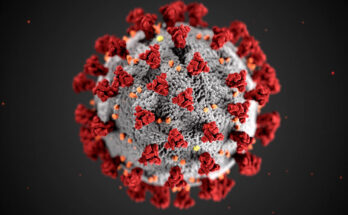Use of toxic pesticide is prohibited in California. Image Courtesy – https://civileats.com
California proposes to ban widely used pesticide ‘chlorpyrifos’ that has toxin to affect brain development in babies. Environmental Secretary of the State, Jared Blumenfeld, told that it was the first time when a state has endevoured to ban a pesticide and simultaneously the response was yet to come.
Jared Blumenfeld also told that the pesticide has past a long time since it was merchandised in 1965, and it has also been observed that the pesticide was a neurotoxin. The pesticide is currently used on 60 different types of crops like grapes, almonds, oranges etc. in California.
DowDuPont, the world’s second-largest chemical company which has many headquarters in Midland, Michigan, Wilmington, Delaware in United States, criticized the attempt to reduce the use of ‘chlorpyrifos’ – stating that benefit of the farmers would be hampered who really depend on it to control insects.
Read: New way of cancer treatment found utilizing Immune System
Hawai banned the pesticide last year. Lawmakers of New York recently sent a bill to the governor to enforce restriction on the use of the pesticide.
Jared Blumenfeld remarked that the state took part because the federal government allowed the pesticide for using in the farmer’s field after the Obama Administration tried to phase it out.
This pesticide is in a class of organophosphates that is a similar chemical like nerve gas developed before World War II. It left traces in drinking water sources. A study in the University of California at Berkeley in the year 2012 found that 87% of umbilical-cord blood samples from newborn babies contained specific amount of the pesticide.
Read: How long Cord/Placental blood can be preserved?
Studies in various cities found that the pesticide affected brain development in fetuses, reading ability, intelligence in children and made them hyperactive. Head sizes became smaller in children whose mothers exposed to the pesticide.
The ban could take up to 2 years to take effect. The State Department of Pesticide Regulation has recommended to acquire strict rules on how the chemical be applied along with larger buffer zones. The State Administration is going to add $5.7 million to fund safer replacements.





